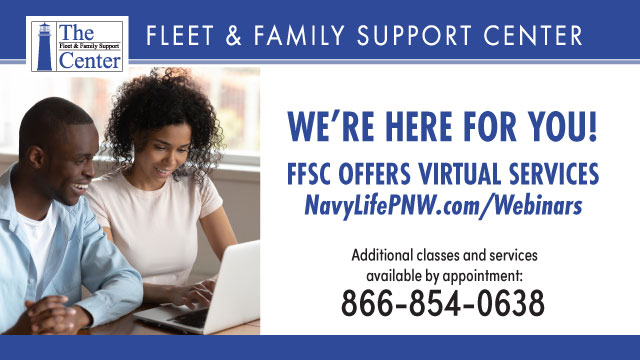If you or someone you know is in need of immediate assistance, please call 988.
To access the 24/7 Military Crisis Line, there are many options:
|
CONUS: 988 and Press 1
Or text 838255 OCONUS (*off base): • Europe: +1 844-702-5495 • SW Asia: +1 855-422-7719 • Pacific: +1 844-702-5493 • (DSN 988 on base for all locations) |
TEXT 838255 to be connected to a crisis responder.
CHAT ONLINE at www.veteranscrisisline.net; www.988lifeline.org
What is SAIL?
- SAIL stands for Sailor Assistance and Intercept for Life.
- SAIL is an outreach effort that provides rapid assistance, ongoing clinical case management, and care coordination and reintegration assistance for Sailors identified during the 90 days after a suicide-related behavior (SRB) - the period of highest risk.
- SAIL is not a form of treatment.
- SAIL strengthens the impact of existing mental health treatment and other support by providing coordinating clinical case management services.
- SAIL increases compliance with existing mental health services.
- Risk assessment is continuously updated through a series of caring contacts for a minimum of 90 days.
- A Sailor's participation in SAIL is voluntary.
- Sailors are empowered by the opportunity to strengthen their coping skills.
- SAIL procedures are heavily informed by research findings and recommendations.
Truth: Discussing suicide openly promotes help-seeking behavior
One of the many reasons Sailors do not speak up about their feelings of hopelessness is because they fear negative perceptions. By starting a discussion, you are not giving a suicidal person morbid ideas or increasing risk. Discussing suicide does not encourage suicide-related behavior. In fact, the opposite is true – bringing up the subject of suicide and discussing it openly is one of the most helpful things you can do. Most people with suicide-related behaviors are open to helpful intervention.
DID YOU KNOW? Firearms are the most commonly used method of suicide among males.
Truth: Sailors who talk about suicide aren’t just joking around
Research shows that those considering suicide usually identify multiple reasons; ideations and attempts should all be taken seriously and not downplayed. In addition, most people who attempt or die by suicide have given some warning. No matter how jokingly it’s said, statements like “You’ll be sorry when I’m dead” or, “I can’t see any way out,” may indicate serious suicidal feelings that shouldn’t be ignored.
Truth: A Sailor considers suicide as an alternative to make the pain stop, not because he or she actually wants to die
Very few people who consider suicide are determined to end their life. Most suicidal people do not want death; they want the pain to stop. Traumatic life events or jolting changes may surpass a Sailor’s ability to cope and cause them to suffer feelings of helplessness. While the majority of those who consider suicide at some time in their life find a way to continue living, offering them help and alternatives can relieve feelings of isolation and hopelessness.
To learn more about SAIL services, please contact your local Fleet and Family Support Center in Navy Region Northwest:
- NAS Whidbey Island:
360-257-3266
DSN 820-3266 - Naval Station Everett:
425- 304-3735
DSN 727-3735 - NB Kitsap-Bangor:
360-396-4115
DSN 315-6995 - NB Kitsap-Bremerton:
360-315-5028
DSN 315-3058
 arrow down
arrow down














